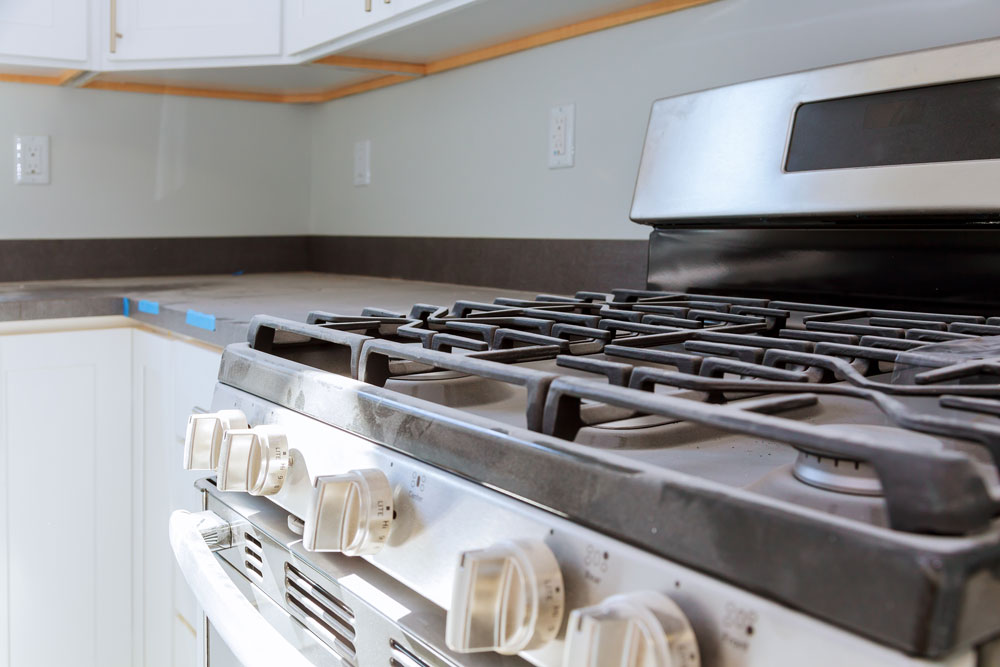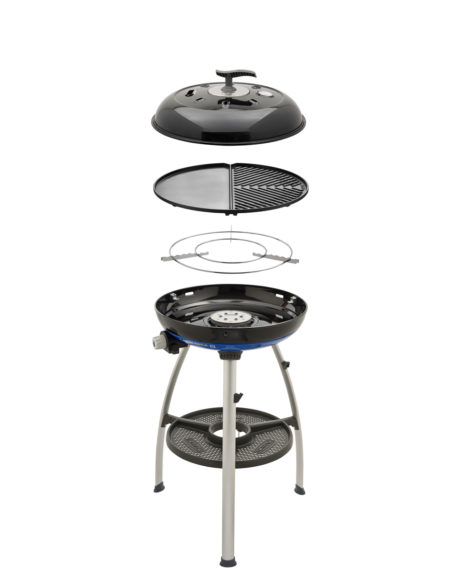
Like any fuel, it’s vital to understand how to use gas safely and what precautions to take to avoid any mishaps. At Jamisons, your safety is our top priority so we’ll always listen to your needs and make sure you’ve chosen the very best product.
To help you with your choices, we’ve put together this guide to gas awareness and safety and of course, we’re always happy to chat if you’ve any concerns not covered here.
LPG’s low carbon and highly efficient. You’ll find it used for gas appliances such as cookers, gas fires, bbqs and patio heaters. The most common form of LPG for domestic use is propane, which works well at lower temperatures, so it’s ideal for outdoor use.
Indoor appliances use butane, which is similar but needs a higher temperature to function. Both propane and butane are supplied in pressurised bottles.
Choosing any gas appliance needs careful consideration. Any indoor appliance must be in a suitably sized and ventilated room, and some gas fires require a flue. Outdoor appliances like BBQs and patio heaters need the correct type of gas to function safely, so make sure you have access to a suitable supply.
Before making any purchase, it’s worth talking to a specialist supplier.
Our care doesn’t stop once you’ve made your purchase, if you’ve any concerns about your gas appliance, just get in touch.
To help keep you safe, we’ve put together a few safety tips.



*IMPORTANT* You can’t hear, small, see or taste carbon monoxide (CO). Early symptoms of CO poisoning are similar to many common conditions and can easily be confused. However, CO poisoning is extremely dangerous and life-threatening.
The information above has been taken from the government health and safety website. To find out more visit https://www.hse.gov.uk/gas/domestic/co.htm . A carbon monoxide detector will protect you and your family against carbon monoxide poisoning. Make sure you test yours regularly.
If you smell gas, leave your home and contact the gas emergency service on 0800 111 999.